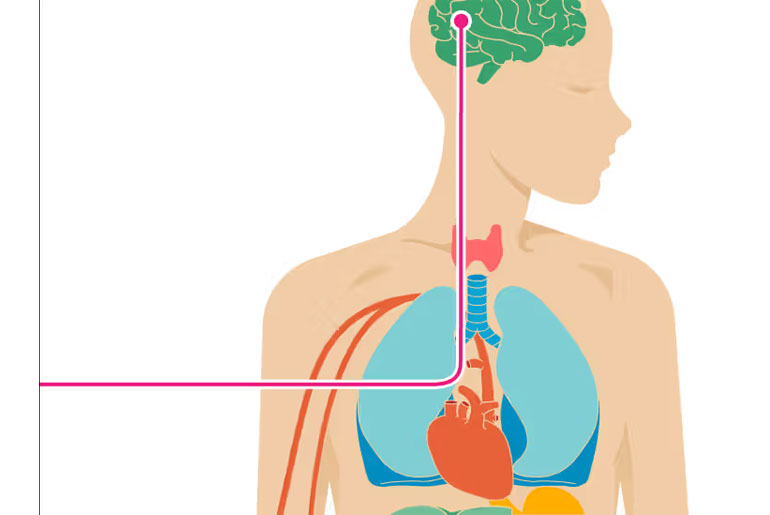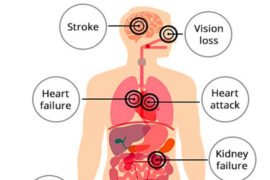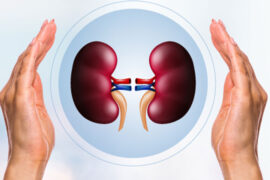The description of anxiety and its effects on various aspects of life is accurate and highlights the significant impact that anxiety can have on an individual’s mental, emotional, and physical well-being. Let’s delve deeper into the ways anxiety can affect different aspects of life:
Relationships:
Anxiety can indeed strain relationships. Constant worry and restlessness can lead to irritability and conflict in personal relationships. Individuals with anxiety may struggle to communicate effectively, and their partners or loved ones may find it challenging to understand and support them. Over time, unresolved conflicts can lead to a breakdown in relationships.
Career:
Anxiety can take a toll on one’s career. The constant stress and worry can lead to burnout and reduced job satisfaction. It can also hinder concentration and decision-making, impacting job performance. Poor boundaries and excessive work-related stress can exacerbate burnout and reduce overall career fulfillment.
Emotional Well-Being:
Anxiety can result in a pervasive sense of unease and restlessness, making it difficult to experience joy in life. Constant worry and feeling stuck in survival mode can contribute to a sense of emotional exhaustion. Low self-esteem and a lack of confidence in one’s abilities can further erode emotional well-being.
Sleep:
Insomnia is a common symptom of anxiety. Racing thoughts and excessive worry can keep individuals awake at night, making it difficult to fall and stay asleep. The resulting sleep deprivation can exacerbate anxiety and lead to a cycle of sleep disturbances.
Physical Health:
The physical symptoms of anxiety, such as faster breathing, irregular heartbeat, and headaches, can have a detrimental impact on overall health. Chronic stress and anxiety can contribute to various health issues, including high blood pressure, digestive problems, and a weakened immune system.
Quality of Life:
Anxiety can lead to a sense of not being fully present in the moment, which can diminish one’s quality of life. It can make it challenging to enjoy leisure activities, relax, and find contentment in daily life.
It’s essential for individuals experiencing anxiety to seek support and treatment. Therapy, such as cognitive-behavioral therapy (CBT) or medication, can be effective in managing anxiety. Lifestyle changes, including stress-reduction techniques, exercise, and a balanced diet, can also help alleviate symptoms. Additionally, building a strong support system and open communication with loved ones can be crucial in addressing the impact of anxiety on relationships.
Anxiety is a common mental health condition, and with the right strategies and support, it is possible to manage its symptoms and improve one’s overall well-being. If you or someone you know is struggling with anxiety, it’s important to seek help from a mental health professional to develop a personalized treatment plan.
Disclaimer:
The information contained in this article is for educational and informational purposes only and is not intended as a health advice. We would ask you to consult a qualified professional or medical expert to gain additional knowledge before you choose to consume any product or perform any exercise.








